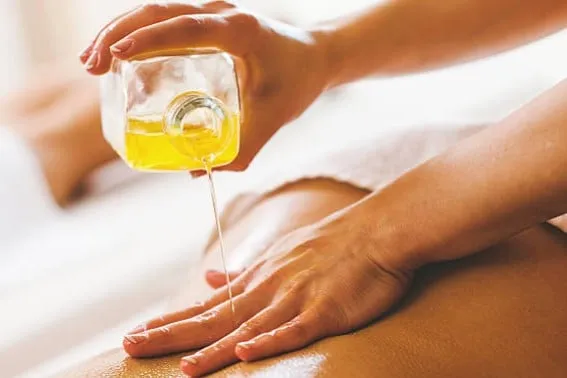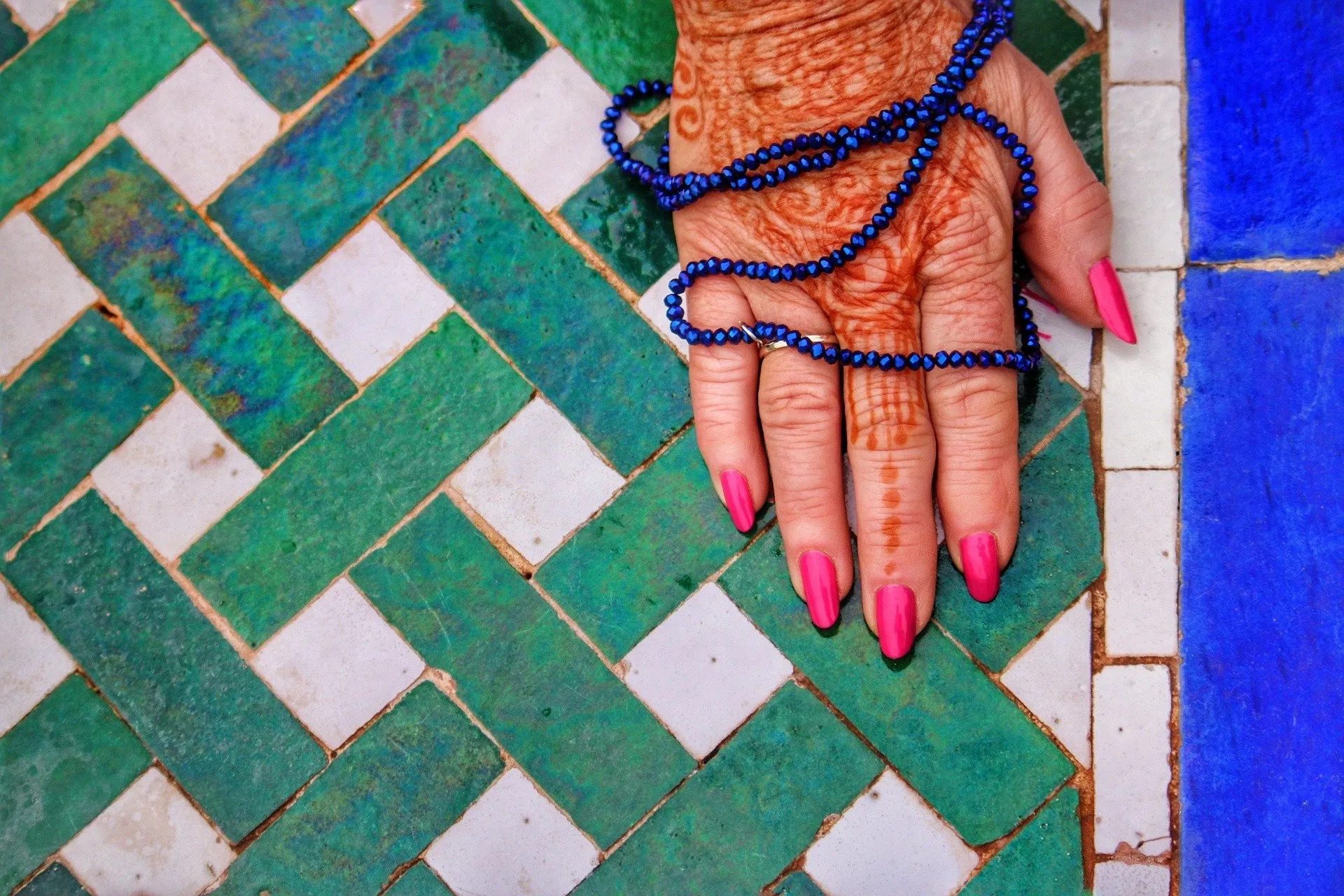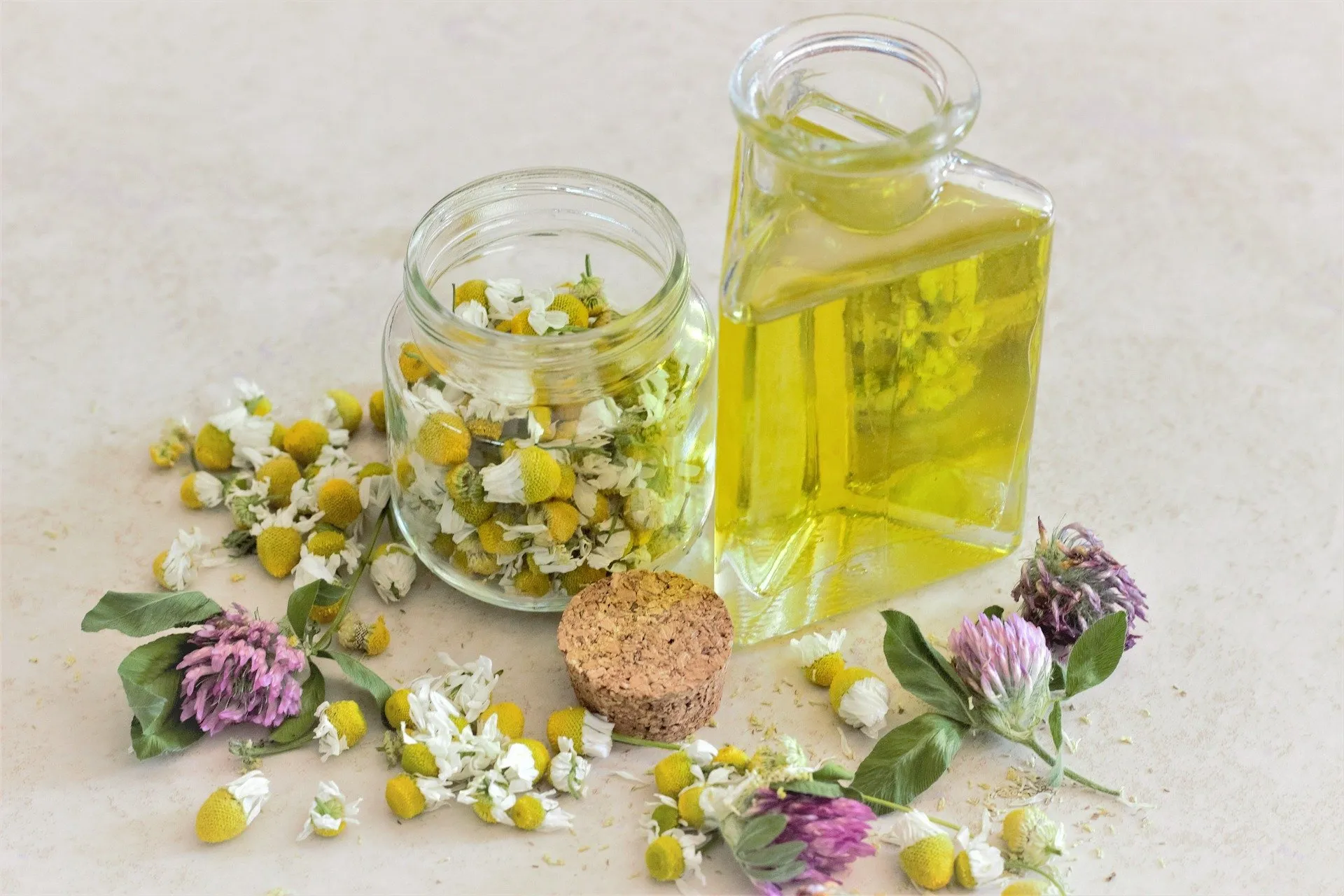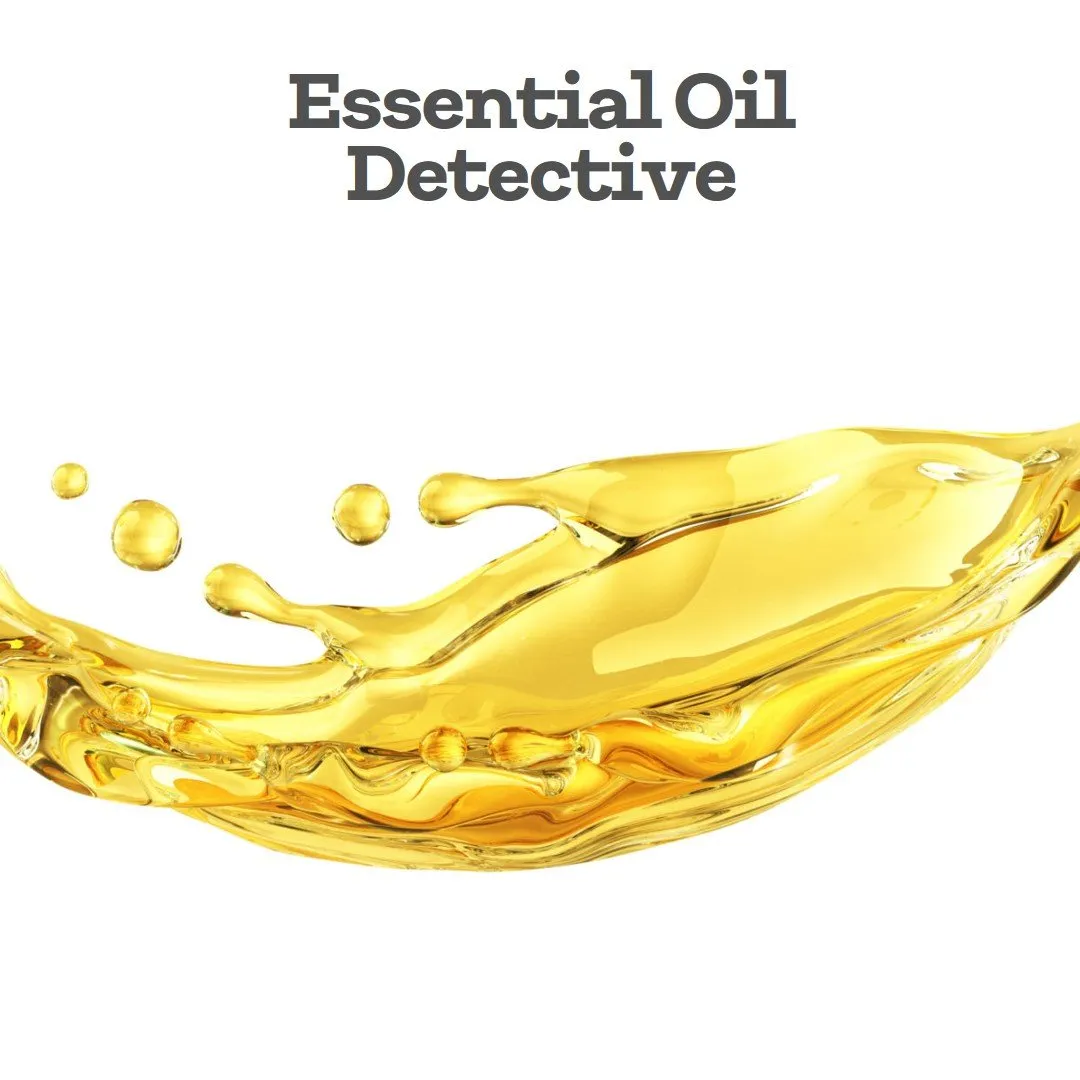Echos of Ancient Aromas: Tracing the Rich History of Essential Oils
Essential oils have captivated human senses for centuries, serving as potent remedies, perfumes, and ingredients in various cultural practices.
These concentrated plant extracts possess aromatic properties that not only delight our olfactory senses but also offer a multitude of therapeutic benefits.
This enlightening journey through the history of essential oils will just touch the surface of their ancient origins and evolution across civilizations. For those wanting to dig deeper into history, some beginning references are included at the end 😊.
Ancient Beginnings
The use of aromatic plants for their healing properties can be traced back to ancient civilizations.
The ancient Egyptians, renowned for their advanced knowledge of botanicals, employed essential oils in religious ceremonies, embalming practices, and cosmetics.
References to aromatic substances like frankincense and myrrh can be found in ancient Egyptian hieroglyphics, emphasizing their cultural significance.
Ayurvedic Influence

In India, the traditional healing system of Ayurveda has embraced essential oils for thousands of years.
Ayurvedic texts, such as the Charaka Samhita and Sushruta Samhita, mention the use of essential oils in massage, aromatherapy, and medicinal preparations.
Ayurveda recognizes the unique therapeutic properties of essential oils derived from plants like neem, sandalwood, and basil.
Greco-Roman Heritage
The ancient Greeks and Romans made significant contributions to the understanding and utilization of essential oils.
Renowned physician Hippocrates, often regarded as the "father of modern medicine," advocated for the use of aromatic substances for therapeutic purposes.
Greek botanist Theophrastus documented essential oils derived from plants like lavender and thyme, highlighting their medicinal properties.
Arabian Influence

During the medieval period, Arab physicians made remarkable strides in the field of aromatic medicine.
Avicenna, a prominent Persian physician, authored "The Canon of Medicine," which detailed the extraction and usage of essential oils for their healing effects.
Arabian traders played a crucial role in spreading knowledge about essential oils across Europe and Asia.
Renaissance Rediscovery
Following the Dark Ages, essential oils experienced a revival during the Renaissance.
European explorers ventured to distant lands, bringing back exotic aromatic plants and their extracts. Notable figures like Paracelsus and Nicholas Culpeper furthered the study of essential oils, emphasizing their role in natural healing and herbal medicine.
Modern Science and Aromatherapy

Advancements in chemistry and technology during the 19th and 20th centuries enabled the identification and extraction of essential oils' active components.
The term "aromatherapy" was coined by René-Maurice Gattefossé, a French chemist who explored the healing properties of lavender oil after experiencing its effects firsthand. This marked the birth of a formalized practice that combined essential oils with massage and inhalation techniques.
The history of essential oils is a captivating tale of cultural practices, ancient wisdom, and scientific discovery. From their origins in ancient civilizations to their recognition in modern aromatherapy, essential oils have played an integral role in human well-being.
The contributions of civilizations like Egypt, India, Greece, Rome, and the Arab world have paved the way for their widespread usage today.
As we continue to explore the vast potential of essential oils, it is essential to acknowledge and respect the cultural heritage and wisdom that has been passed down through generations.
By embracing the historical significance and scientific advancements surrounding essential oils, we can fully appreciate their multifaceted nature and harness their therapeutic benefits.
References (in case you want to dig into the history even further!):
Guba R. (2013). Ancient Egypt and the Origin of Aromatherapy. Evidence-based complementary and alternative medicine : eCAM, 2013, 498420. https://doi.org/10.1155/2013/498420
Singh, H. (2014). Historical Perspective of Ayurveda. Ancient science of life, 33(1), 1–3. https://doi.org/10.4103/0257-7941.153450
Mojay, G. (1996). Aromatherapy: Healing for the body, mind, and spirit. Healing Arts Press.
Harraz, F. M. (2017). Aromatic Plants in Arab Medicine, in: Handbook of 21st Century Herbal Medicine, A Reference Guide for Evidence-Based Herbal Medicine. Springer International Publishing.
